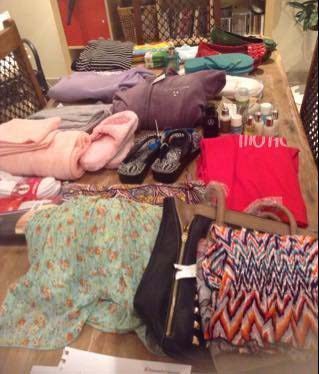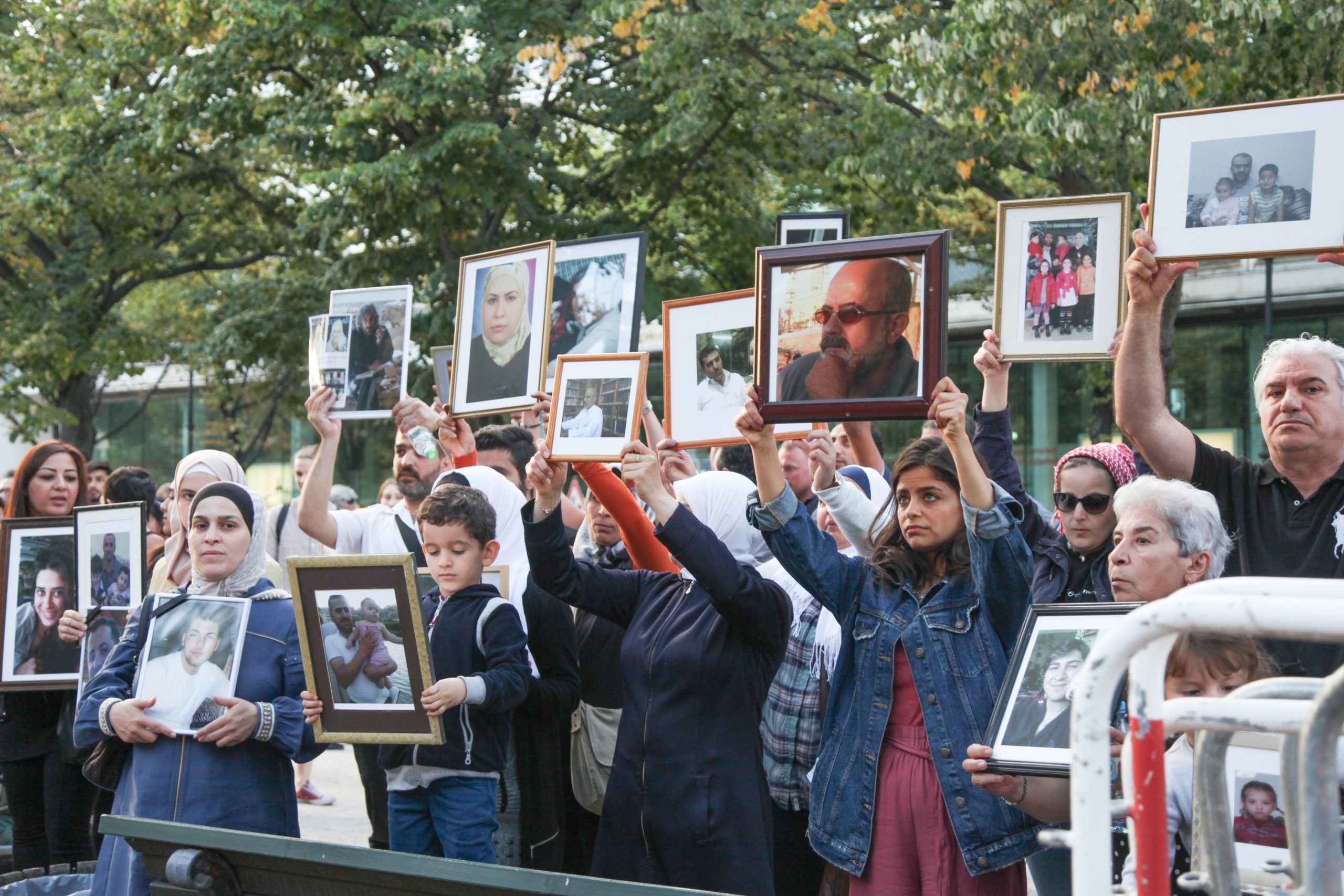
Updated at 12:25pm on April 20 to include statements from Hamad Medical Corp. and the Indonesian embassy.
In a case that’s spurred online outrage and drawn attention to the vulnerability of domestic workers in Qatar, an Indonesian woman has been hospitalized for more than three days following a beating that left her with multiple injuries.
The 25-year-old woman, who spoke to Doha News through a translator and asked not to be named, said she fled her sponsor’s home on Wednesday after being beaten with the metal end of a hose used to siphon water.

She said she ran to a neighboring house, where a domestic worker allowed her to come inside. The friend then called the police, who upon seeing the victim, called an ambulance.
She was taken to Hamad Hospital and received six stitches to close a gash on her skull, as well as treatment for a broken wrist.
Numerous scars, abrasions, and scabs were visible on the woman’s back, arms, shoulders, stomach, and face. They are the result, she said, of nearly two years’ of abuse at the hands of her employer.
“Initially he just slapped or reprimanded me. It wasn’t bad,” the woman told Doha News. “But then it started getting worse … He says I annoy him because I’m slow, so he does it. The children have told him that I hit them – but I don’t – and so he hits me.”
Local support
Reached on Monday, Yusuf Suryanegara – a consular official at the Indonesian embassy – said he and his colleagues are “working on” the case but said he didn’t want to discuss it with a journalist.
The embassy did say the police were involved following the assault, but it’s unclear if an official investigation is underway.
As of Saturday night – some three days after being admitted – the woman said she had not been interviewed by police officers or visited by representatives of any social services agency.

Meanwhile, there has been an outpouring of support from local residents who read about the woman’s story on a popular local Facebook group.
After learning of the case over the weekend, community members donated more than QR2,600 in cash as well as clothes, shoes and toiletries to help the woman, according to organizers of the charitable effort.
However, some supporters said they prevented from visiting the woman over the weekend after hospital officials abruptly moved her to a different room last night and banned all visitors.
An HMC spokesperson was unable today to comment on the hospital’s visitation policies or say what services it provides when patients say they have been abused.
“The patient was under our care for several days and has now been discharged. As the matter is currently under police investigation, we are unable to comment further,” a spokesperson said in a statement on Monday.
A leading human rights organization has previously noted that complaints of abuse by domestic workers rarely result in criminal convictions.
Working conditions
Last year, Amnesty International released a comprehensive report on domestic workers in Qatar that documented the vulnerability of migrant maids, nannies, cooks and cleaners in the country at the hands of their Qatari and expat sponsors.

Domestic workers are not covered under Qatar’s labor law, which means there are no limits on the hours that they can be forced to work. A separate UN report found that domestic workers in Qatar work some of the longest hours in the world.
In this particular case, the woman said her day started at 5am and ran 19 hours as she cooked, cleaned, dusted, and waited on the Qatari family until midnight with only a one-hour midday break.
According to Amnesty, being excluded from Qatar’s labor law also means that domestic workers cannot lodge claims against their employers in Labor Court over issues such as their accommodation.
The woman said she spent her nights sleeping on a makeshift bed on the floor of the family’s living room and allowed only two meals a day, consisting mostly of instant noodles or rice.
She added that she hadn’t been paid her QR750 monthly salary in more than seven months. Even before that, she said her pay was withheld by a senior family member.
“So I’ve never kept my salary with me or used it,” she said.
Status quo
Because domestic workers work in their sponsor’s homes, out of view from the public, victims of abuse often face challenges trying to speak to outsiders, either to seek assistance or simply explain their experiences, Amnesty officials have previously said.
However, the Qatar government has to be well aware of the most egregious incidents of abuse that result in victims being hospitalized, Amnesty researcher Mustafa Qadri told Doha News.
“Qatar is a wealthy country and this (problem of abuse) is well known,” he said. “But we don’t see the will to change the situation or, when (abuse) does take place, help the women.”
To better protect domestic workers, Amnesty has urged Qatar to include them under the labor law; reform the kafala sponsorship system that can prevent expats from switching jobs or leaving the country; and make it easier to report cases of abuse, among other measures.

One important step would be equipping authorities with the proper tools to investigate complaints of domestic violence.
This is something that the government has promised for several years, but that recent cases suggest remain a weakness within the healthcare and criminal justice system.
For example, Qadri suggested that a victim should be able to speak to a specially trained investigator who is sensitive to the trauma that the individual has experienced.
Additionally, Amnesty said the Qatar government should decriminalize “absconding” laws that result in the criminal prosecution and deportation of some women who flee abusive sponsors.
At this point, however, the Indonesian woman said leaving would be more preferable than remaining in Qatar.
When asked what she would like to happen next, she said, “Go home.”
Thoughts?







